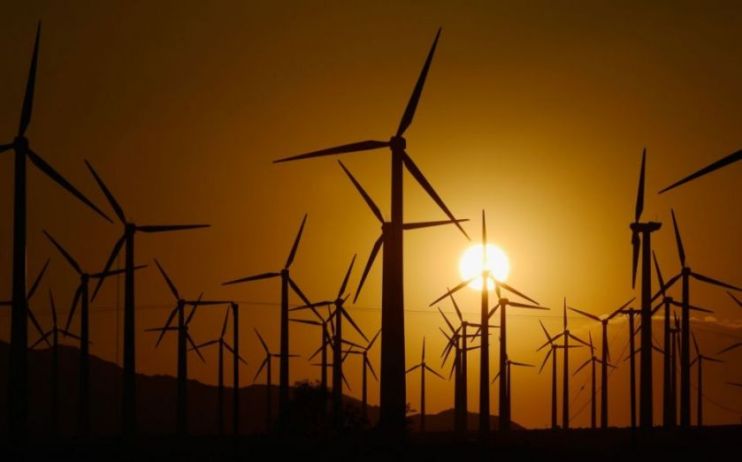Octopus Energy: We don’t know how much the consumer price cap will rise in April

It is not possible to predict how much household bills will rise after the next review of the consumer price cap, argued Octopus Energy chief executive Greg Jackson.
Speaking to the BBC’s Today Programme, he said “we really don’t know” how high Ofgem will set the price cap when the market regulator meets next month.
The energy boss warned that the UK will have to find a way to pay for soaring wholesale costs which has resulted in 25 energy firms ceasing trading or entering administration, affecting four million customers.
He said: “The reality in the energy sector is the UK buys most of its energy in a global market and we have had to pay £20bn more than usual this year. Some way or another the UK is going to have to pay that money.”
There are growing fears household energy bills could rise to £2,000 per year, up from the current price cap of £1,277 for average use established in October.
Ofgem chief executive Jonathan Brearley warned last month that consumers should expect price hikes to reflect market conditions and legitimate rises in wholesale gas costs.
In recent days, the energy industry has been engaged in talks with the Department for Business for Energy and Industrial Strategy (BEIS) with ministers reportedly considering spreading price rises over a longer period and expanding the Warm Homes Discount scheme, which currently provides £140 savings to 2.2m UK households.
When approached to comment, a government spokesperson told City A.M.: “We recognise people are facing pressures with the cost of living, which is why we are taking action worth more than £4.2bn, and supporting vulnerable households through initiatives such as the £500m Household Support Fund, Warm Home Discount, Winter Fuel Payments and Cold Weather Payments.”
The talks also featured Ofgem, which said in a statement: “We, with government and industry, are considering ways to mitigate the impact of these claims on consumers. This includes exploring options for spreading the cost over a number of years which would help reduce household bills from April 2022, such as via a third party (re)financing option.
City A.M. understands NatWest has been involved in discussions alongside other businesses about how to ease financial pressures on energy suppliers this winter.
Energy sector needs to work on its own solutions to price crisis to protect consumers
Alongside potential government support, Jackson argued that the industry would need to find solutions to the current crisis, and that it was important “we as a sector work incredibly hard to drive costs down.”
He said: “We have to recognise as a result of the pandemic every sector is asking the Treasury for help and there is not an infinite supply of money there, it is not free.”
One idea put forward by the energy boss is an industry fund, where energy companies spread costs over potentially two years through hedging which could be achieved by the suppliers without further government intervention.
Jackson argued: “We can smooth the bill for the UK, that is something we as an industry can work on before we go looking for help from the public purse or elsewhere. The energy sector has always had large access to private finance, and there may well be ways to untap more finance to spread more costs over time.”
The 250 per cent rise in wholesale gas prices over the past 12 months has placed enormous pressure on the UK energy industry.
Consequently, Jackson suggests “the days of energy companies making fat profits are long gone” as “the entire sector is loss making.”
This means the focus of energy firms has been “driving down costs for customers” by stabilising the market.
Jackson’s comments follow warnings from Ovo Energy’s boss Stephen Fitzpatrick of “an enormous crisis for 2022” caused by wholesale prices.
USwitch has also placed further pressure on the government, pressing them to offer urgent targeted support to vulnerable UK households.
The price comparison site warned that millions of people could be thrown onto the energy breadline unless the government intervenes.
The company’s energy policy expert Justina Militienyte said: “With predictions of a near £2,000 price cap on the way, many households could be faced with the stark choice of heating or eating if action is not taken to support them in the coming months.”